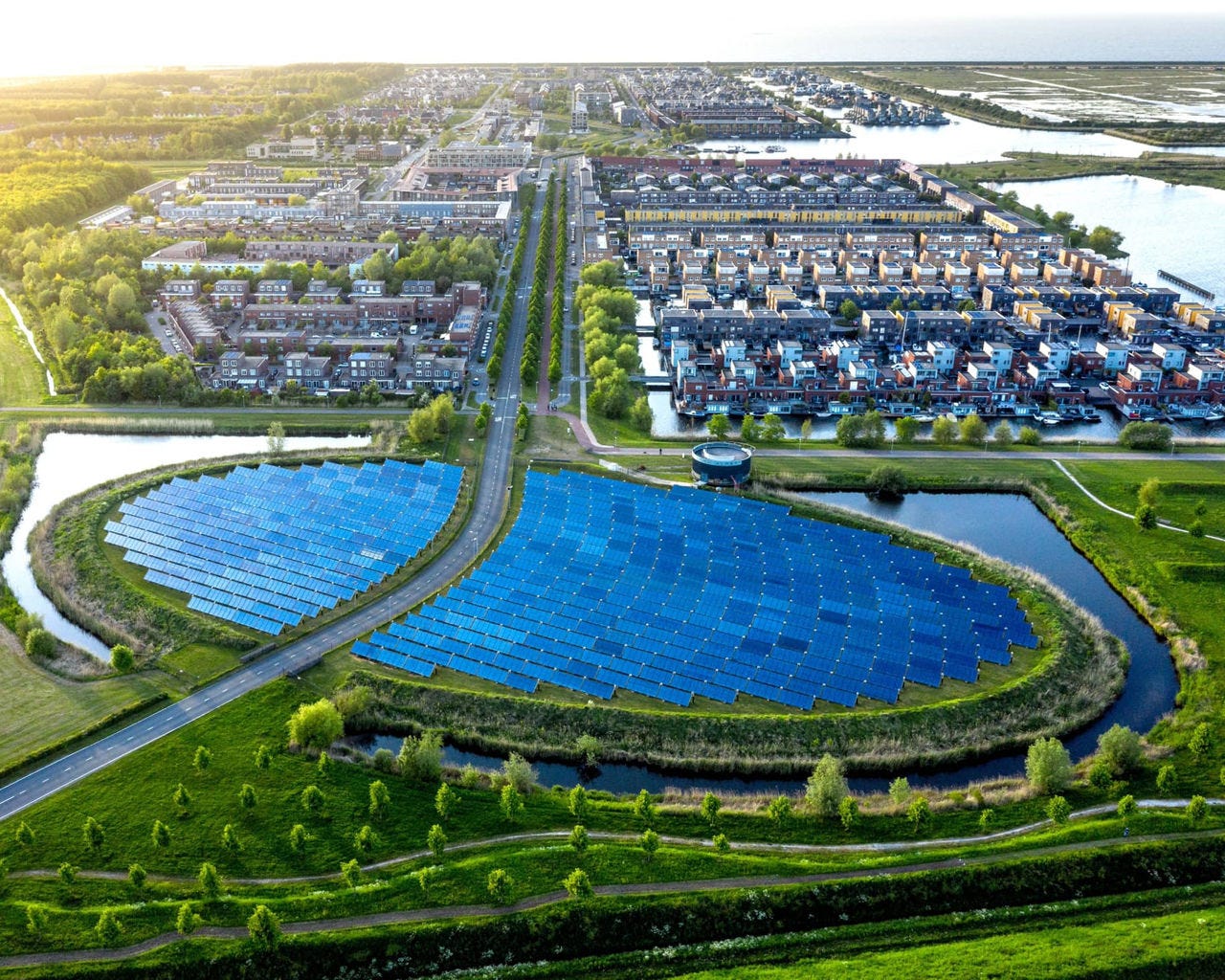Adherence to environmental laws, regulations, and standards plays a crucial role in minimising pollution, conserving biodiversity, and protecting human health. As global challenges like climate change and environmental degradation intensify, ensuring compliance is more important than ever.

For over 20 years, the OECD has worked with both Member and non-Member economies on ensuring compliance with environmental regulations. We’ve supported governments to take action to raise awareness about compliance among regulated companies, monitor their compliance behaviour and, when necessary, promptly respond to non‑compliance. While countries are making efforts to develop environmental legislation, compliance is lagging behind, creating a so-called “implementation gap”. The OECD Recommendation on Environmental Compliance Assurance looks at how to address this gap through environmental compliance assurance.
Between 2019-2024, the EU‑funded EU4Environment: Green Economy Programme supported the five Eastern Partnership (EaP) countries (Armenia, Azerbaijan, Belarus[i], Georgia, the Republic of Moldova[ii] and Ukraine) in strengthening their compliance assurance policies and mechanisms. Using EU laws and OECD practices as benchmarks, the OECD carried out a number of analytical and capacity building activities involving hundreds of practitioners from government agencies, businesses and NGOs.
Which environmental compliance assurance reforms have the Eastern Partnership countries introduced?
In the last few years, the EaP countries have made important progress in improving institutional and legislative frameworks for compliance assurance. Armenia, Azerbaijan and Moldova created new inspection bodies, while Georgia, Moldova and Ukraine are changing environmental regulations to reduce harmful industrial emissions from large enterprises. Several countries engaged inspectors to review environmental legislation and introduced electronic management systems in inspectorates. All the EaP countries now have risk assessment methodologies for planning environmental inspections, which helps to better allocate scarce resources of inspection bodies.
While traditionally the EaP countries focused primarily on responding to non-compliance, for example by issuing penalties and bringing cases for prosecution, more recently they expanded awareness-raising activities, including through the use of social media. One example is the yearly awareness-raising activity plans set up by the inspectorates of Armenia and Azerbaijan, as well as Azerbaijan and Georgia establishing dedicated institutions for this purpose. Moreover, Azerbaijan’s Division of Environmental Education and Communication of the Ministry of Ecology and Natural Resources hosts a weekly “Expert Hour” event and publishes innovative “One Question One Answer” articles on social media.
The toolkit for monitoring companies’ compliance expanded and now comprises the use of self-monitoring and reporting by companies as well as phone and SMS alert channels, websites and social media, in addition to inspections. Azerbaijan and Moldova created applications for lodging complaints. Moldova’s “EcoAlert” application is a good example of co‑operation of the inspectorate with the NGO sector. Moldova and Ukraine have set up ‘Pollutant Release and Transfer Registers’.
The countries also revised some penalties for non-compliance to strengthen their effectiveness. The first of its kind Law on Environmental Liability in Georgia established liability of polluters for environmental damage caused, while environmental prosecutors strengthened their skills through extensive training programmes in Azerbaijan.

How can environmental compliance assurance systems continue to be improved?
Despite the significant progress, EaP countries need to reinforce their environmental compliance assurance systems.
More co-ordination is needed between inspection and permitting bodies, as well as more complete information on permitted operations/enterprises, better skills and equipment, more digitisation and action to promote integrity.
The private sector still lacks awareness about compliance requirements and would benefit from more active and targeted explanation of the existing or new rules and awareness raising about the consequence of breaching the law. Monitoring of compliance can be strengthened through faster processing of complaints, mechanisms to check the accuracy of self-monitoring reports received from companies, more capacity for 24/7 responses to incidents and use of modern technology by inspectorates.
Penalties for non-compliance still remain weak and must be increased to have a dissuasive effect. More specialised training for prosecutors can increase the effectiveness of using courts in prosecuting environmental cases.
The COVID-19 pandemic and Russia’s full-scale invasion of Ukraine created a host of new challenges for environmental compliance assurance systems. However, the EaP countries are determined to implement further reforms and apply modern EU and OECD standards. The EU candidate status of Moldova and Ukraine is an important impetus for reform. The OECD will continue providing international support to address the key challenges to enable companies to comply and even go beyond the required standards to contribute to environmental and social well‑being.
[i] In line with the Council Conclusions of 12 October 2020 and in light of Belarus’s involvement in the Russian full-scale invasion of Ukraine, recognised in the European Council Conclusions of February 2022, the EU has stopped engaging with representatives of Belarus public bodies and state-owned enterprises. Should there be a change of the context this may be reconsidered. In the meantime, the EU continues to engage with and, where possible, has stepped up support to non-state, local and regional actors, including within the framework of this action as appropriate.
[ii] Hereinafter referred to as “Moldova”.
Further reading
- Brochure “Ensuring compliance with environmental regulations in the Eastern Partnership”
- OECD page on environmental compliance assurance
- OECD Recommendation on Environmental Compliance Assurance
- Reports assessing environmental compliance assurance systems in Armenia, Georgia and Moldova
- A report assessing environmental inspections and compliance assurance in Azerbaijan
- Reports assessing environmental liability provisions in Armenia and Moldova



